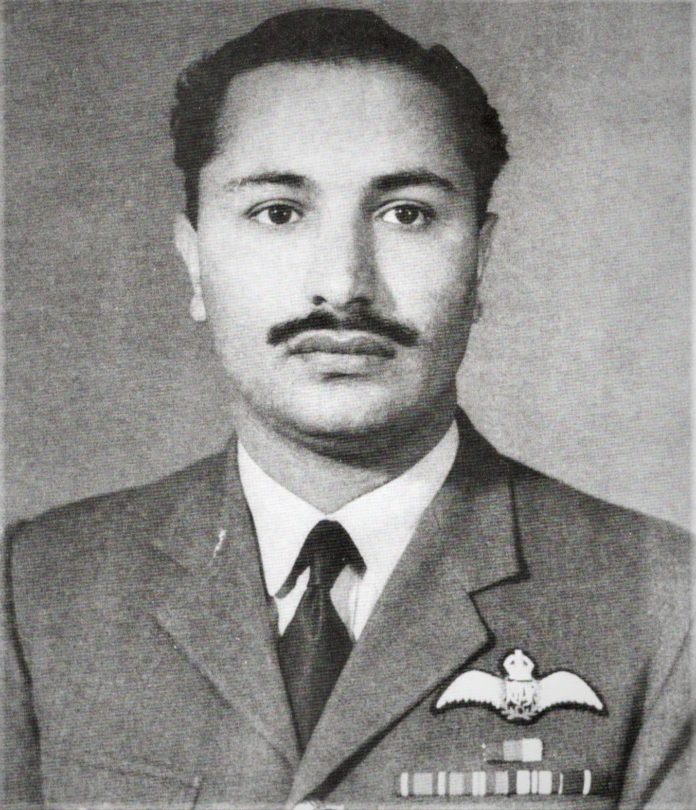In the passing of retired Air Marshal Asghar Khan, Pakistan has lost one of the most respected vintage politicians better known for his other more outstanding achievements. He was born to be great notwithstanding his faults and failings as a politician. As the youngest in command of a world-renowned air force, he proved to be the last word in performance. As real builder of Pakistan Air Force he made it the lead star among the fighting forces to this date.
Pakistan Air Force under his leadership did not need ghost fighters that were raised by the Ministry of Information to pep up the drooping morale of the ground forces when its generals were caught with their trousers down and bottles up. True to history as he was, he would be remembered for his fair assessments/ criticisms of the wars and pyrrhic conflicts that Pakistan was plunged into by General Ayub Khan, General Zia-ul-Haq’s conversion of a national army into a mercenary force and then General Musharraf’s self-defeatist role in Kargil followed by his surrender to American diktat “you are either with us or with them”.
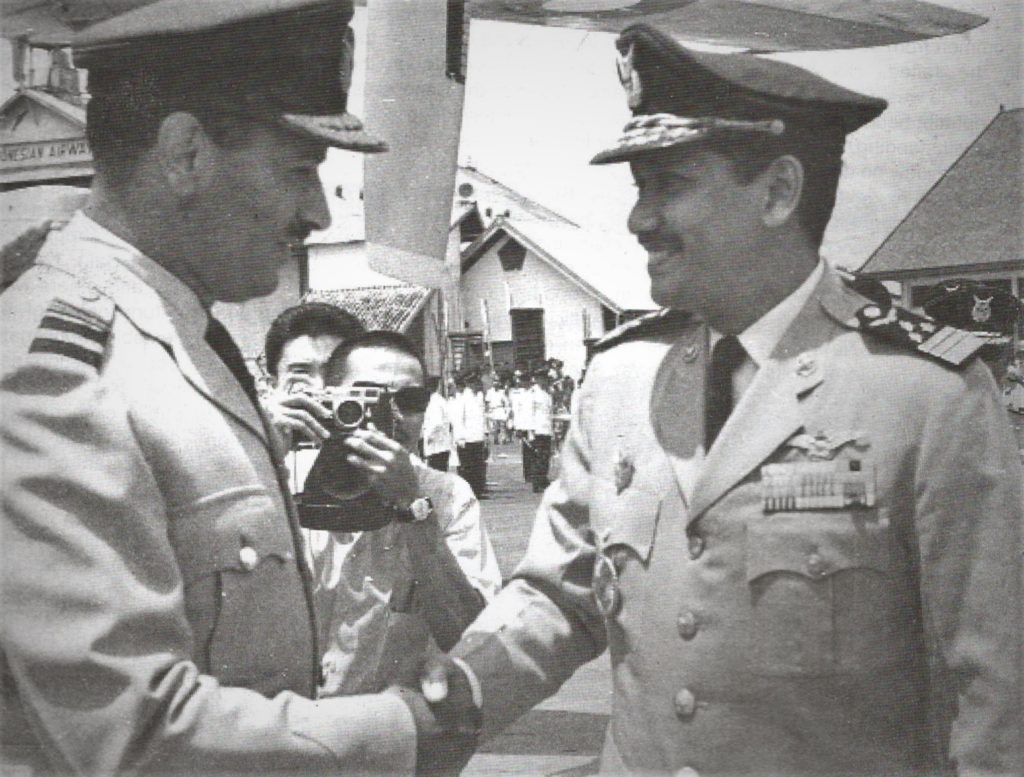
Knowing him a little bit that I did, his honesty and uprightness I had dared to suggest to him a different role than that of a politician of a social reformer that Pakistan’s fast decadent society needed. Headstrong that he was, Asghar Khan was determined to continue his politics that had many things uncommon from others. And regretfully he failed. His support to General Zia was a colossal faux pas that kept him haunted for all times.
Notwithstanding his shortcomings very few no doubt he was overall a role model for people who believed in uprightness. His later joining of hands with PPP’s Begum Nusrat Bhutto and Benazir Bhutto in Movement for Restoration of Democracy to oust the illegal regime of General Zia was an act of redemption. Electoral politics did not suit him, he could not organise his party on populist lines and his son Umar Asghar Khan’s murder shattered him.
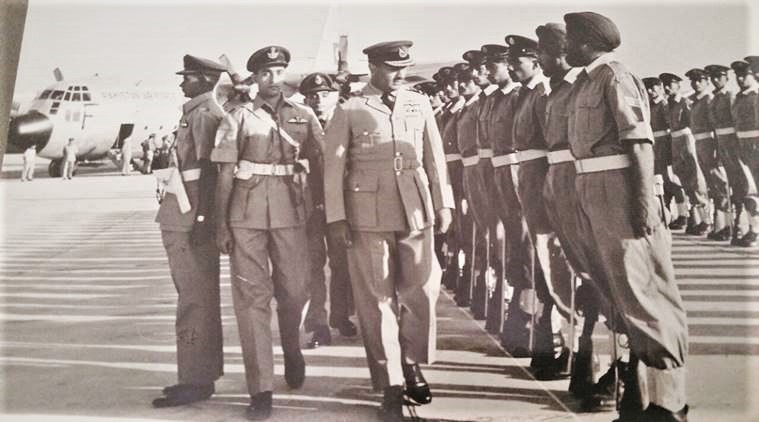
Being a man with a conscience he could not just be a witness to what was being done to politics by the powers that be hell-bent in engineering political leaders and parties. He could not win many elections and did not understand politics. However, his most outstanding contribution to democracy came at the far end when he saw through the dirty game played by the Bonapartist generals and the intelligence agencies over the years to keep their final say in politics and national policies. In 1996, he decided to go to the Supreme Court with his Human Rights petition to let the beans be spilled. He had seen how Army Chief General Aslam Beg and his DG ISI General Hameed Gul had ‘engineered,’ opposition to Benazir Bhutto to stem her landslide victory in 1988 elections. How the ISI twice until then ‘engineered’ her electoral failures despite her unprecedented popular support.
Being a man with a conscience he could not just be a witness to what was being done to politics by the powers that be hell-bent in engineering political leaders and parties. He could not win many elections and did not understand politics. However, his most outstanding contribution to democracy came at the far end when he saw through the dirty game played by the Bonapartist generals and the intelligence agencies over the years to keep their final say in politics and policies.
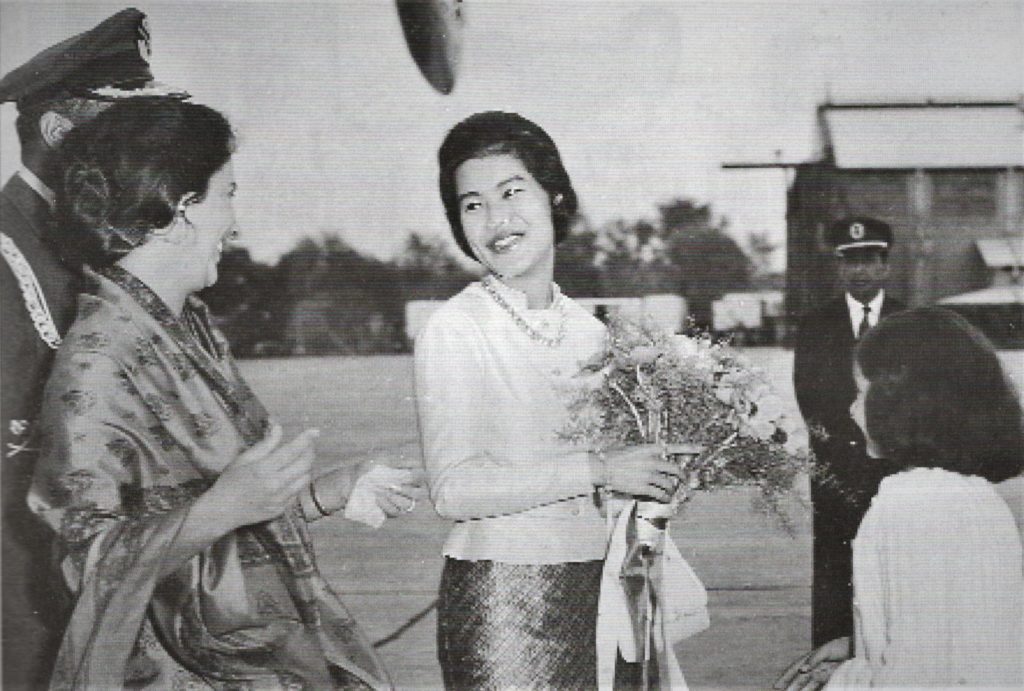
Asghar Khan helped the country expose the perfidious role of an army chief, director generals of ISI and other extra-constitutional players in propping up anti-Benazir Bhutto politicians during the 1990s, the creation of IJI, reincarnation of Nawaz Sharif as heir to General Zia and other conspiracies against democracy. His was a principled stand calling upon the Generals to stay away from politics and let democracy function and evolve.
It took 16 years to establish that in the general elections of 1990 an Election Cell was established in the Presidency to influence the elections and was aided by General (R) Mirza Aslam Baig who was the Chief of Army Staff and by General (R) Asad Durrani, the then Director General ISI. They participated in the unlawful activities of the Election Cell in violation of the responsibilities of the Army and ISI as institutions represented by them respectively.
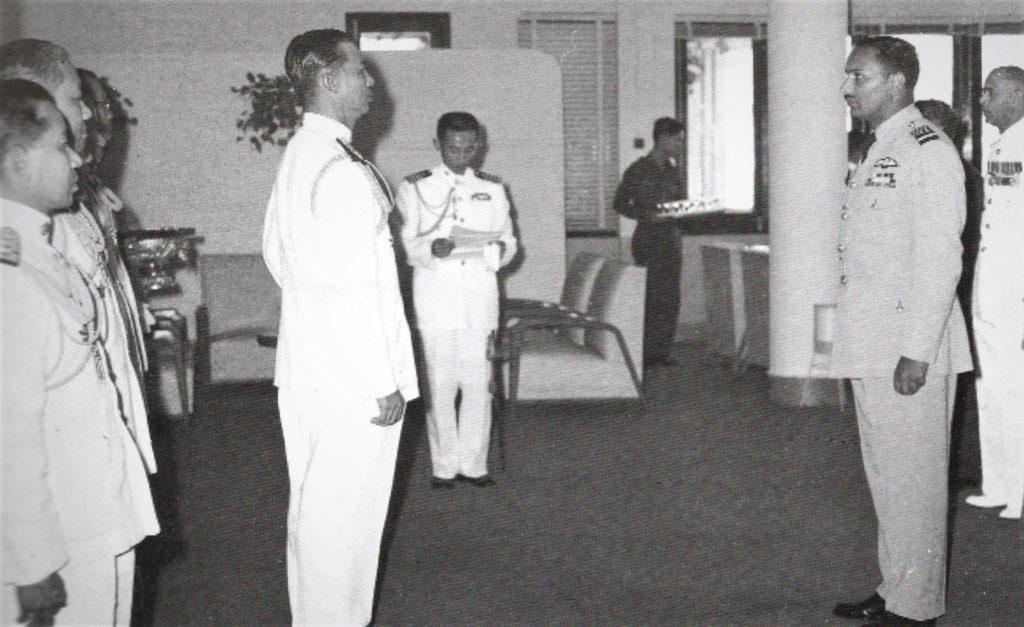
The three-judge bench headed by Chief Justice Iftikhar Chaudhry observed that the ISI or MI may perform their duties as per the laws to safeguard the borders of Pakistan or to provide civil aid to the Federal Government, but such organizations have no role to play in the political activities, for formulation or destabilisation of political governments, nor could they facilitate or show favour to a political party or group of political parties or politicians individually, in any manner, which may lead in his or their success. In this context, affidavits submitted to the court by DG ISI General Asad Durrani gave details of moneys paid in millions to political leaders like Mian Muhammad Nawaz Sharif, late Ghulam Mustafa Jatoi and scores of others that were clobbered together into a front to oppose Benazir Bhutto and PPP.
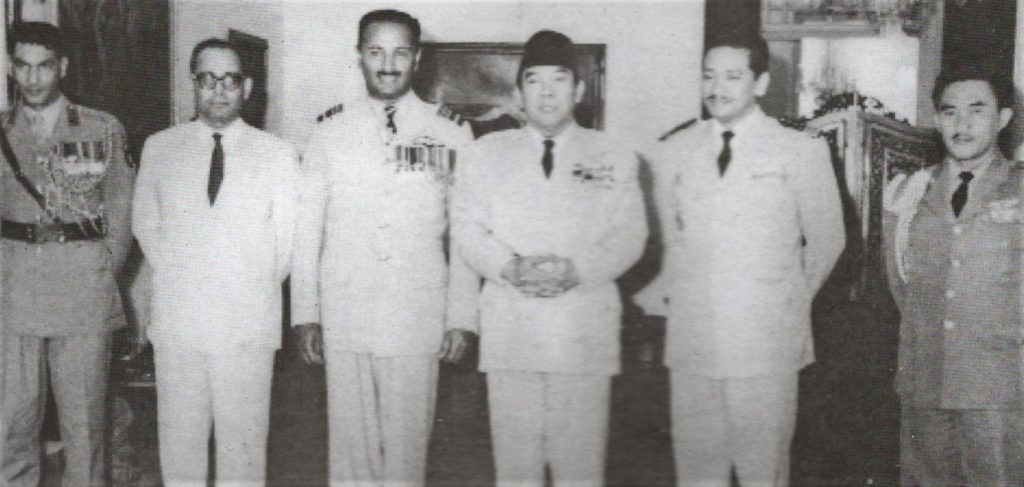
The historic judgment also established that the then President late Ghulam Ishaq Khan in connivance with the support of General (R) Aslam Baig, General (R) Asad Durrani and others were supporting the functioning of the ‘Election Cell’, established illegally. It also noted above functionaries, arranged/provided Rs.140 million belonging to public exchequer for distribution among anti-Bhutto politicians. The judgment called for punitive action against them under Article 245. It also took serious exception to the questionable role by ISI, MI and IB in the formation or destabilisation of government, or interfere in the holding of honest, free and fair elections by Election Commission of Pakistan.
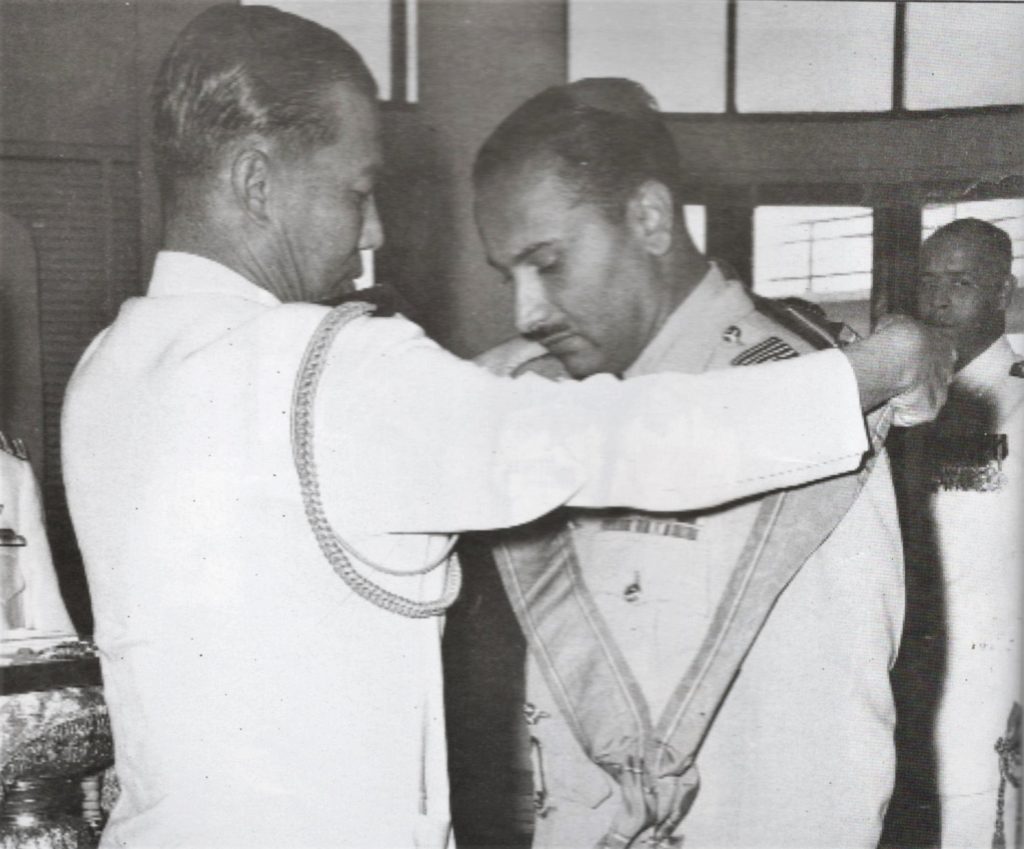
In a country writ of the state is seen to be effective when the verdicts given by its superior courts are implemented in letter and spirit. It took the Supreme Court 16 years to pass a judgment in a case pertaining to an organized murder of democracy where its president, its army chief and heads of intelligence agencies acted in a most foul manner and subverted the electoral process. Since both the Army Chief and the Chief Justice of the Supreme Court have been pushed in the eye of the storm at a defining moment of our history due to recent judicial decisions, let the implementation of the Supreme Court verdict in Air Marshal Asghar Khan’s human rights petition of 1996 in letter and spirit be the most befitting tribute to the soul of the most upright soldier.


